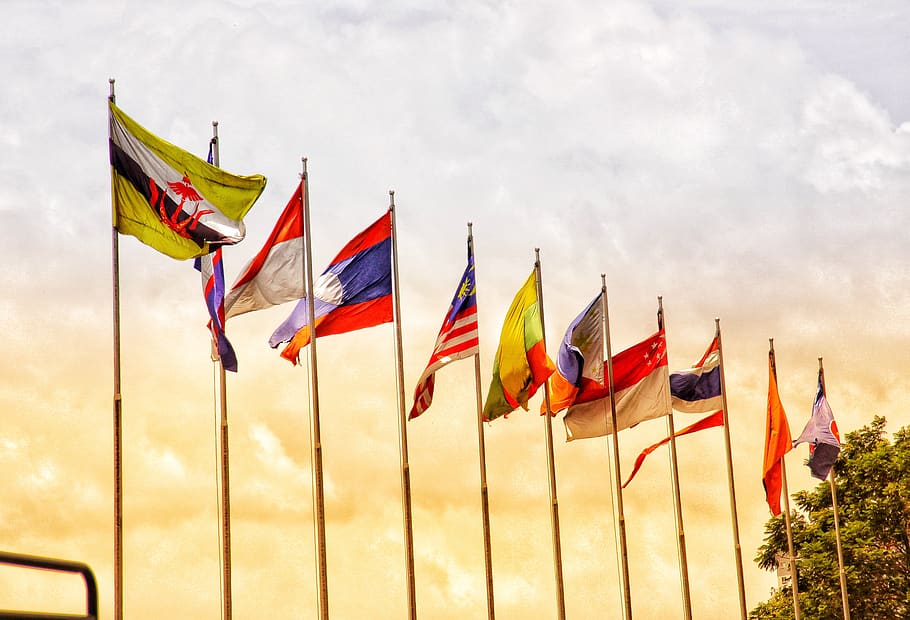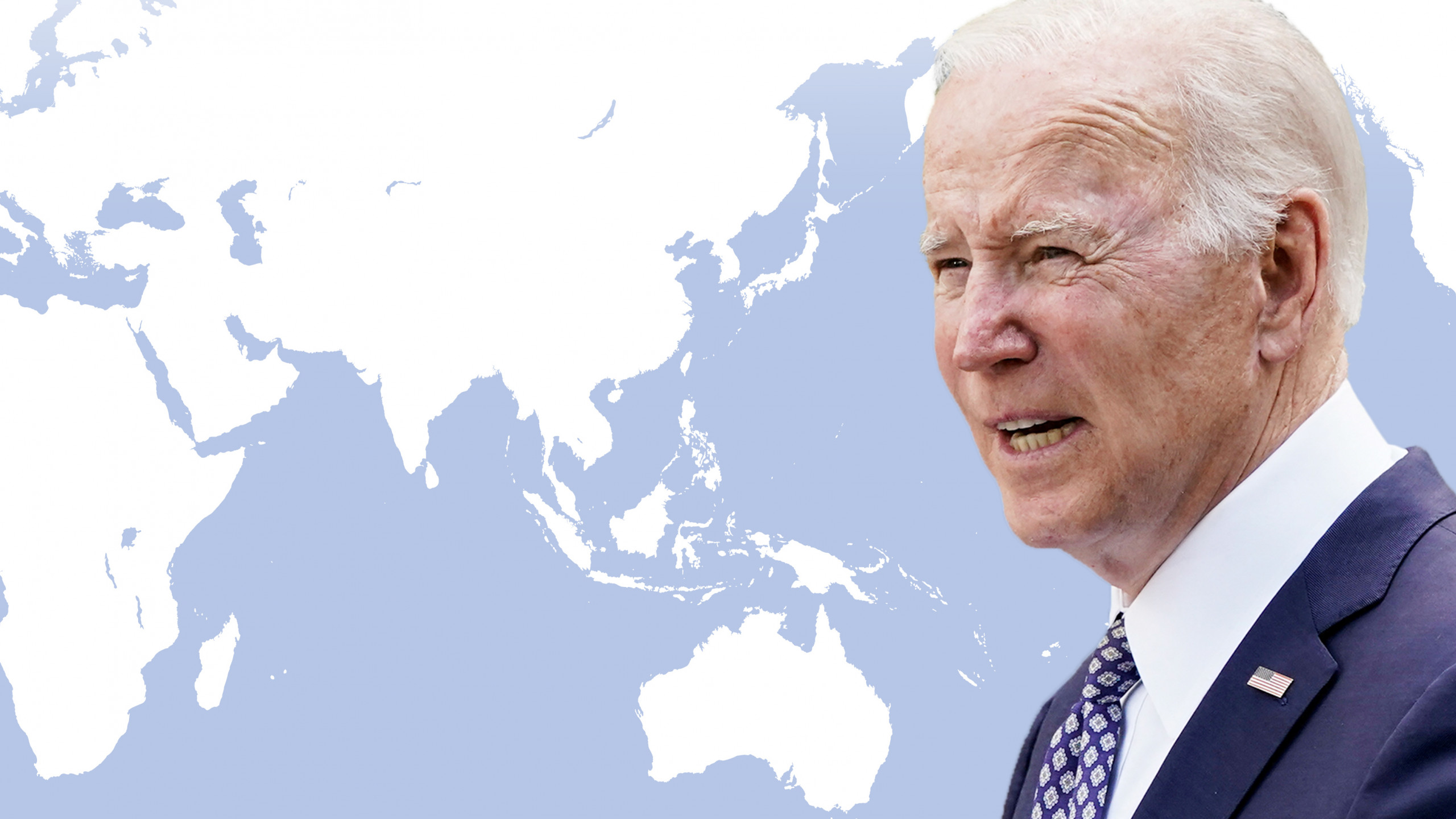Governments of Southeast Asia closely observe recent development in Afghanistan. To fight internal radicalization, ASEAN countries will have to work on social inclusion
The Talibans returning to power in Afghanistan and the attacks conducted by terrorist organizations in Kabul raise security concerns in Southeast Asia. According to analysts,, for the ASEAN countries this is a topic of paramount importance, having recorded several episodes of violence linked to radicalization and terrorism in the past. Therefore, the political transition in Kabul is also carefully observed in Southeast Asia, already struggling with new waves of infections from Covid-19, the effects of the economic recession and the political crisis in Myanmar.
A inizio agosto, i Ministri degli Esteri dell’Associazione hanno ribadito “l’importanza di un approccio collettivo e globale per affrontare (…) l’estremismo violento che favorisce il terrorismo e la radicalizzazione”, rivedendo l’agenda politica dell’Associazione alla luce delle nuove priorità poste dagli sviluppi in Afghanistan. In una dichiarazione alle Nazioni Unite dell’ottobre 2020, la Cambogia sottolineava la necessità di una risposta globale alla minaccia di questo fenomeno transnazionale, ribadendo con forza a nome dell’Associazione l’idea per cui il terrorismo non debba essere associato ad alcuna religione, nazionalità, civiltà o comunità etnica. La rappresentanza cambogiana sottolineava anche come la pandemia da Covid-19 e la conseguente recessione economica abbiano posto i Paesi di tutto il mondo di fronte a nuove sfide nella lotta al terrorismo. La pandemia “ha rivelato diverse fragilità del nostro mondo” ha dichiarato l’Ambasciatore Sovann Ke, “e ha aggravato quelle condizioni che favoriscono il terrorismo”. Per queste ragioni, il ritiro degli Stati Uniti dal Paese dopo vent’anni di occupazione potrà avere ripercussioni sulla conflittualità sociale e religiosa nel Sud-Est asiatico.
As Chris Devonshire-Ellis emphasized on ASEAN Briefing, there are several "fractures within the region that could cause problems if the insurgents decide to seize the opportunity". The Indonesian government, as an instance, supports a moderate view of Islam and recently has outlawed the political group FPI, Front Pembela Islam (or Front of Islamic Defenders) by ministerial decree, due to the intransigence of its ideology. The government has claimed that the FPI has threatened national values, committed illegal raids and acts of terrorism, and that its leader Rizieq Shihab has sworn allegiance to the ISIS caliphate. Stricter versions of Islam are also gaining ground in Malaysia, according to Devonshire-Ellis. Thailand and the Philippines have also been shaken for years by religiously motivated separatist claims, even if in the first case they have a more nationalist than religious matrix.
Southeast Asia has always been home to a great variety of religious communities that coexist peacefully. Where violence occurs, they often arise from the intersection of various types of requests, which go beyond mere belonging to a specific community of believers: economic suffering, marginalization, stereotypes and social stigma. The fundamental theme appears to be social inclusion. Although it is too early to measure the effect that the Afghan case will have on Southeast Asia, "surely what is important" to consider "is the impact" that the affair will have "on ideas," Norshahril Saat told Nikkei Asia, exponent of the think tank ISEAS-Yusof Ishak Institute of Singapore. For this reason, the importance of conveying counter-narratives that fight the fascination of terrorist propaganda is recognized by ASEAN as the favorite channel for the fight against radicalization. The Association reaffirmed its commitment with local communities to develop common strategies that counter violent extremism, promoting alternative ideas and enhancing the inclusion of young people, women, religious, cultural and educational leaders.






